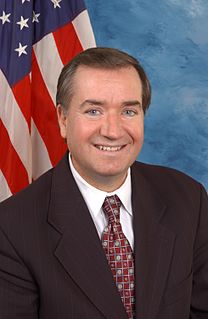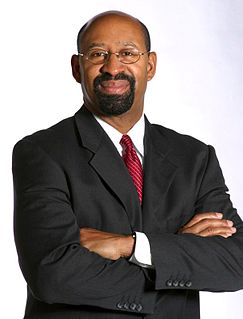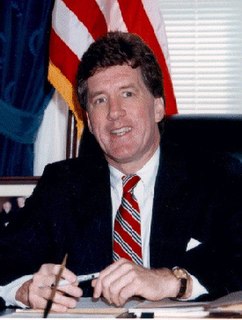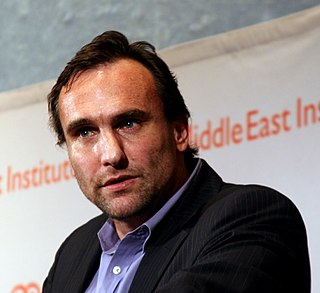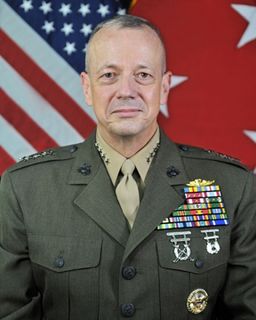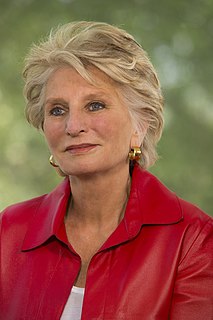A Quote by Cofer Black
The plan we developed to deal with al Qaeda depended on developing sources of human and technical intelligence that could give us insights into his plans at the tactical level. This is easy to say but hard to accomplish.
Related Quotes
Certainly there’s a connection between Iraq and Al Qaeda. It doesn’t surprise me at all that they would be talking to Al Qaeda, that there would be some Al Qaeda there or that Saddam Hussein might even be, you know, discussing gee, I wonder since I don’t have any scuds and since the Americans are coming at me, I wonder if I could take advantage of Al Qaeda? How would I do it? Is it worth the risk? What could they do for me?
More likely, there were probably some real divisions within the Iranian government - some groups wanted to ally with al Qaeda against us, others didn't want to have anything to do with that. So I think that debate resulted in no decision being made for awhile. The problem was they left the al-Qaeda folks in Iran in the hands of their intelligence services and Revolutionary Guard, who didn't really keep an eye on them - and may not have kept an eye on them on purpose.
What made al-Awlaki so influential is that, unlike a number of leaders of al Qaeda such as Osama bin Laden, he was a cleric, so he could present himself as a leading religious figure. Second, because al-Awlaki had spent much of his adult life in the States, he communicated with his followers in colloquial, accessible American English.
As the Ranking Democrat on the House Intelligence Committee, I have been briefed since 2003 on a highly classified NSA foreign collection program that targeted Al Qaeda. I believe the program is essential to US national security and that its disclosure has damaged critical intelligence capabilities.




